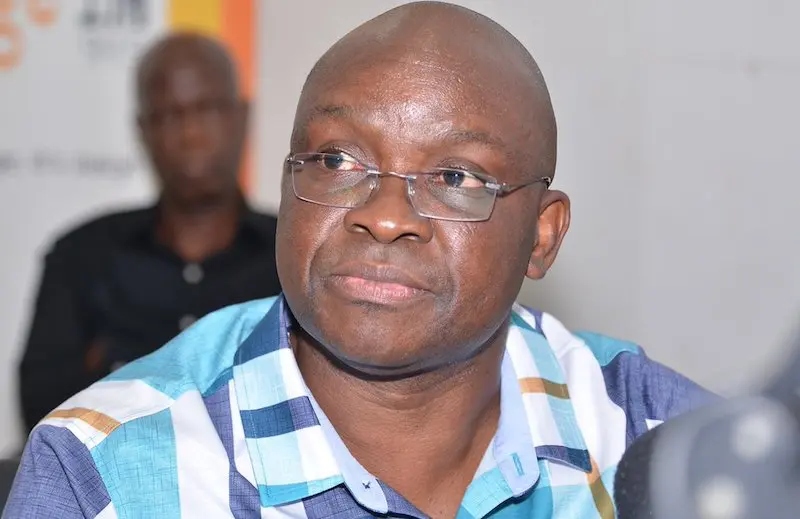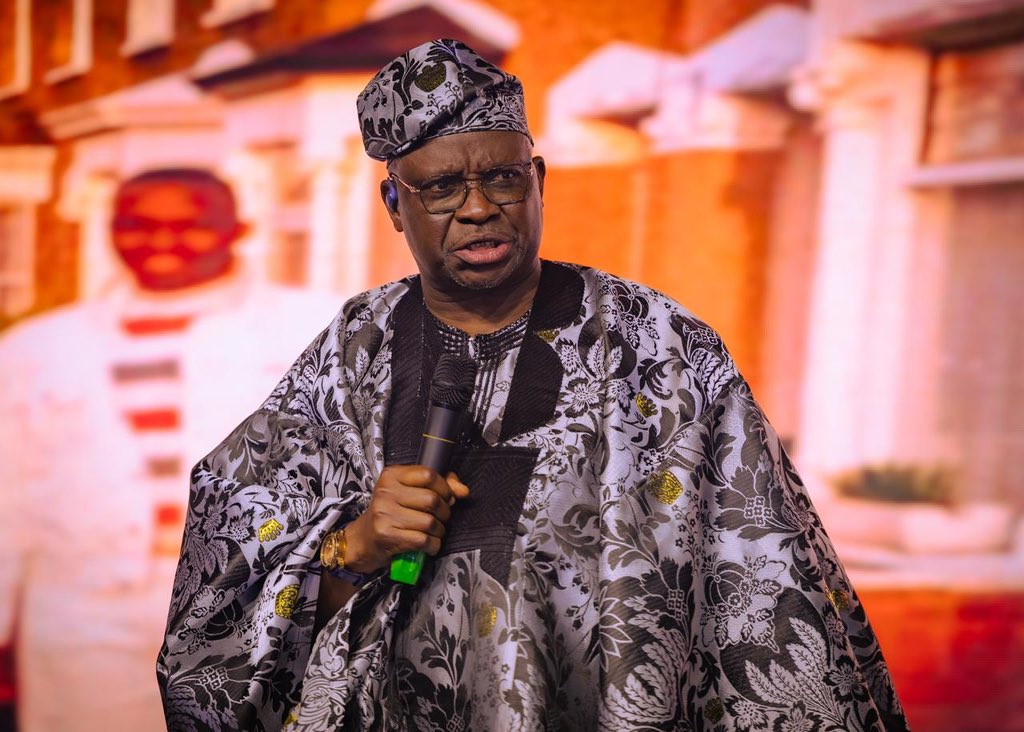The Kebbi State government has announced the passing of Major-General Muhammadu Sani Sami (retired), the Emir of Zuru and a revered traditional leader in northwestern Nigeria. The 81-year-old monarch died on Saturday night in a London hospital following an undisclosed illness, according to an official statement released on Sunday by Alhaji Garba Umar-Dutsinmari, Commissioner for Local Government and Chieftainty Affairs.
Sami, a retired military officer who transitioned to royal leadership, served as a prominent figure bridging Nigeria’s modern governance and traditional heritage. His death marks the loss of a leader deeply respected for his dual legacy of service in national defense and community stewardship. The state government extended condolences to his family, including four wives and seven children, as well as the Zuru Emirate Council and wider communities across Kebbi.
“May the Almighty Allah forgive his shortcomings and grant him the highest paradise,” read the statement, which was signed by Malam Ahmed Idris, Chief Press Secretary to the Kebbi State Governor. Authorities emphasized that funeral plans would be shared publicly once finalized, though specifics on timing or location remain pending.
Sami’s tenure as Emir of Zuru, a historic region known for its cultural significance in Kebbi State, spanned years marked by advocacy for local development and intercommunity cohesion. His military background, which included rising to the rank of Major-General before retiring, informed his approach to leadership, blending strategic governance with traditional values. Tributes from residents and officials alike highlighted his role in mediating conflicts and fostering unity in the ethnically diverse state.
The late monarch’s passing has drawn attention to the enduring influence of traditional institutions in Nigeria’s sociopolitical landscape, particularly in regions where royal figures often act as custodians of heritage and grassroots governance. His death coincides with broader discussions about leadership transitions in Nigeria’s northern states, where emirates play pivotal roles in education, security, and cultural preservation.
As communities mourn, questions linger about succession plans for the Zuru Emirate, though state authorities have yet to address procedural details. The delay in announcing burial arrangements is attributed to logistical coordination with Sami’s family and adherence to traditional rites. For now, the focus remains on honoring his legacy as a statesman who navigated Nigeria’s evolving identity with a commitment to service.



